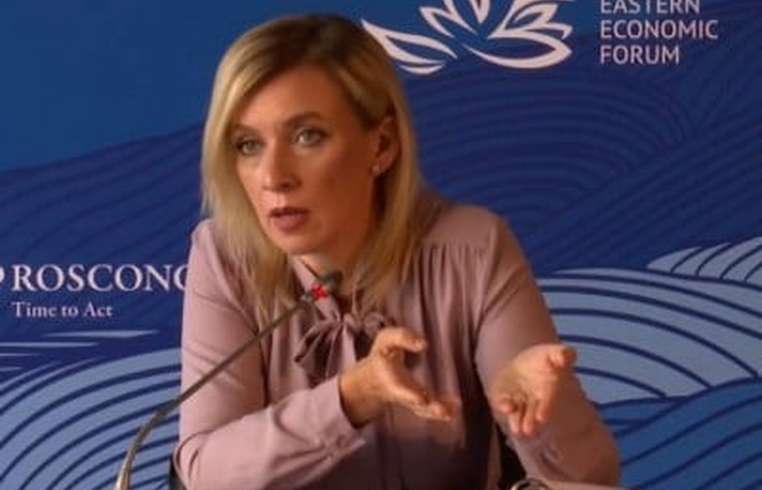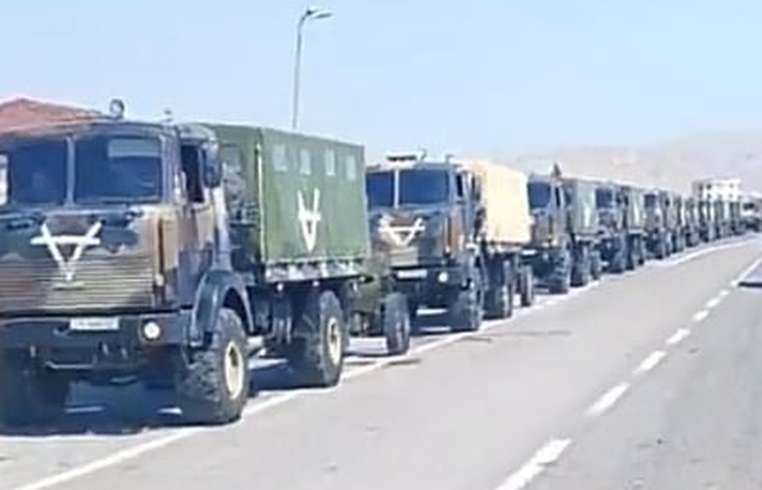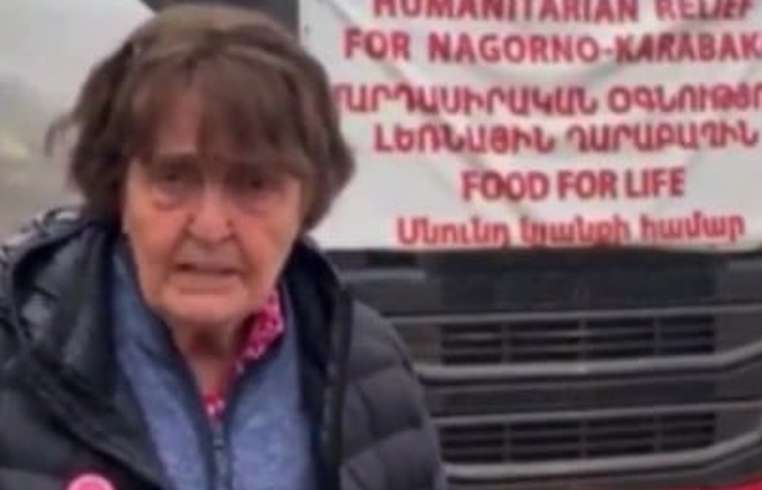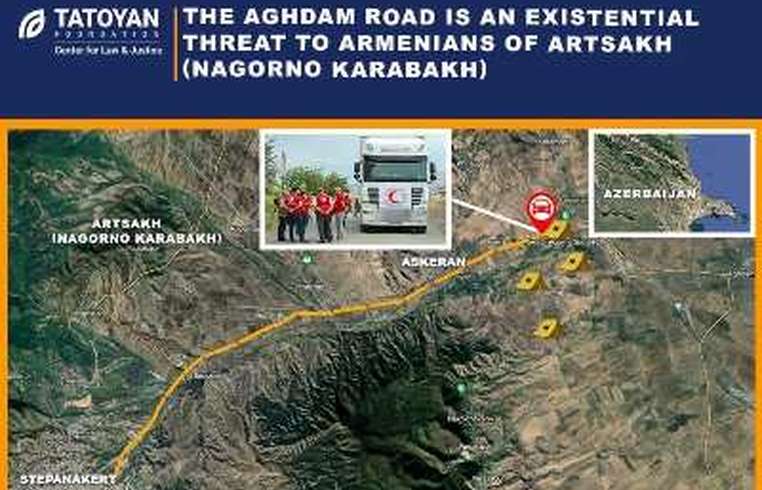
News - National Journal reports on Artsakh humanitarian disaster
Business Strategy
National Journal reports on Artsakh humanitarian disaster
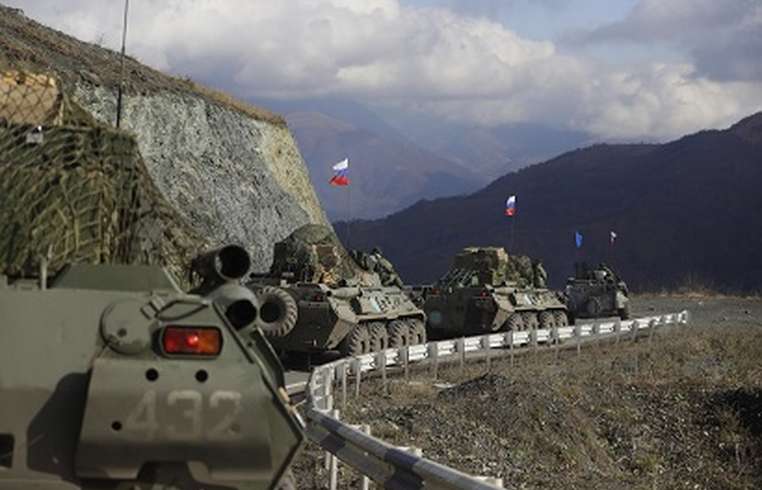
A humanitarian disaster is unfolding in Eurasia, and lawmakers are joining with human rights advocates demanding the Biden administration respond, National Journal reports. On Thursday, dozens of people filed into a Senate Foreign Relations Committee hearing to find out what the administration is doing to prevent a major crisis on Europe’s border, National Security Correspondent for the Journal, Cristina Maza, says. “Human rights advocates and legal experts say that ethnic cleansing is taking place. Senate Foreign Relations Committee Chairman Bob Menendez echoed that sentiment, arguing on the Senate floor that Aliyev and his regime “are trying to starve these people into death or into political submission.” During the Thursday hearing, Menendez asked why the administration isn’t using sanctions to combat sanctionable behavior. David Phillips of Columbia University’s Institute for the Study of Human Rights said the U.S. should use Magnitsky Act sanctions—which bar individuals from entering the U.S. and freeze their assets—and other legal mechanisms to hold Azerbaijan’s Aliyev personally responsible for starving the people of [Artsakh] Nagorno-Karabakh. The international community recognizes Nagorno-Karabakh as part of Azerbaijan, but most of the territory’s population is ethnic Armenian. That state of affairs is a legacy of the Soviet Union, where the Bolsheviks consolidated power in the South Caucasus and made Nagorno-Karabakh an autonomous region within Azerbaijan even though most of the population was not Azeri. Some experts now warn that more bloodshed could ensue if the humanitarian situation isn’t resolved soon. Azerbaijan is allegedly amassing weapons and forces near the line of contact with Nagorno-Karabakh, just as Russia did in the lead-up to its invasion of Ukraine last year. People on the ground say an attack by Azerbaijan on Armenia is also not out of the question. Artak Beglaryan, a resident of Nagorno-Karabakh and its former state minister, said the situation in the capital, Stepanakert, is deteriorating rapidly. “The food and the reserves, also of medication and fuel and other essentials, are finishing or have finished already,” Beglaryan said. “The shops are quite empty. We don’t have enough fuel to do agricultural work or transport vegetables from farms to the capital.” Azerbaijan may be facing some repercussions from the unfolding crisis. Section 907 of the U.S. Freedom Support Act bans direct U.S. aid to the Azerbaijani government. But successive U.S. administrations have used their ability to waive the restriction to sell military equipment and provide other assistance to Azerbaijan each year. This year is the first in decades when an administration has not renewed the waiver over the summer. Sources say the administration is withholding the waiver to put pressure on Azerbaijan over the blockade. Menendez argued that Azerbaijan’s human rights violations and threats to stability should trump any potential benefits the US could reap by assisting Baku. Menendez said, “I don’t see how we can have a positive result when we have the amassing of troops by Azerbaijan. I don’t see how we could have a positive result when Azerbaijan kills in cold blood unarmed Armenian soldiers and sexually abuses and mutilates a female Armenian soldier. I don’t see how Section 907 leads to a more peaceful resolution when they are on the verge of ethnically cleansing 120,000 Armenians in Karabakh,” Cristina Maza writes.


